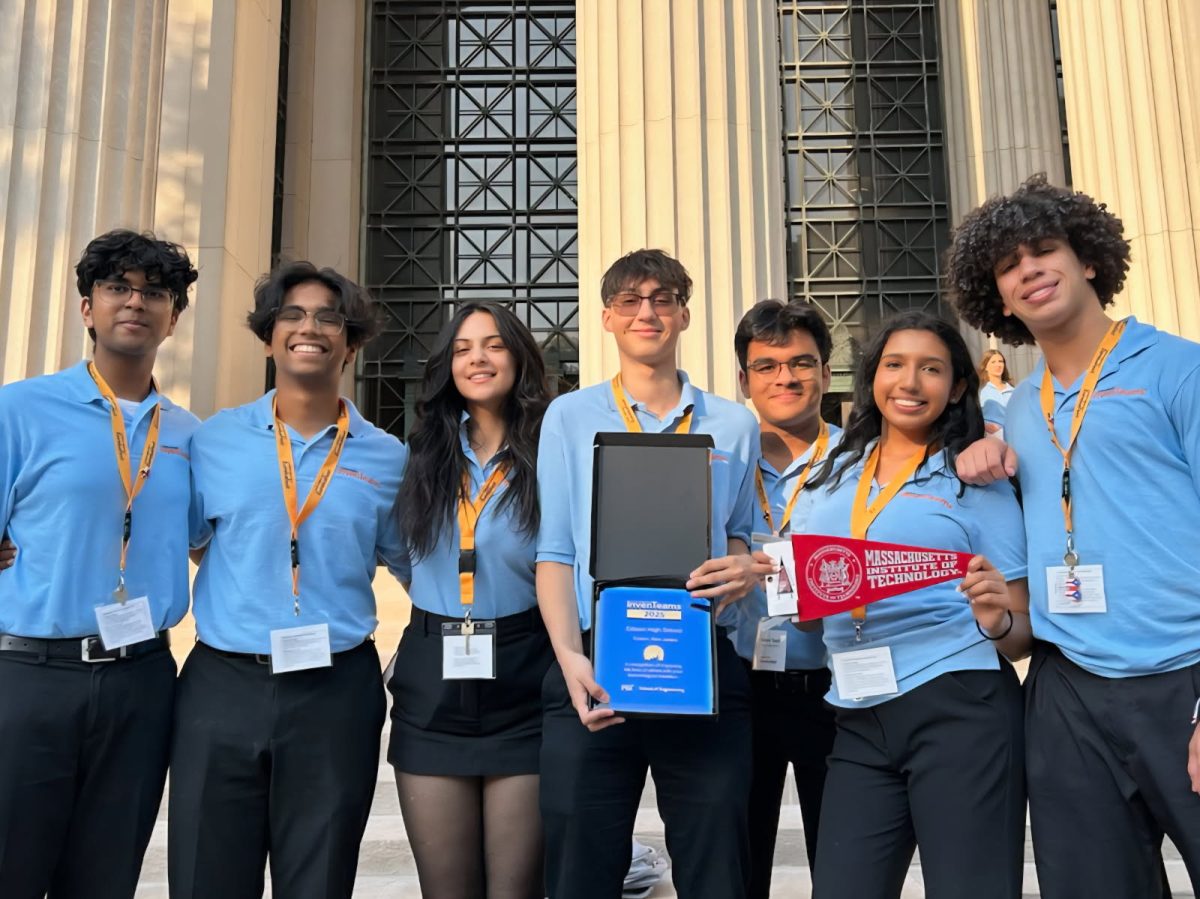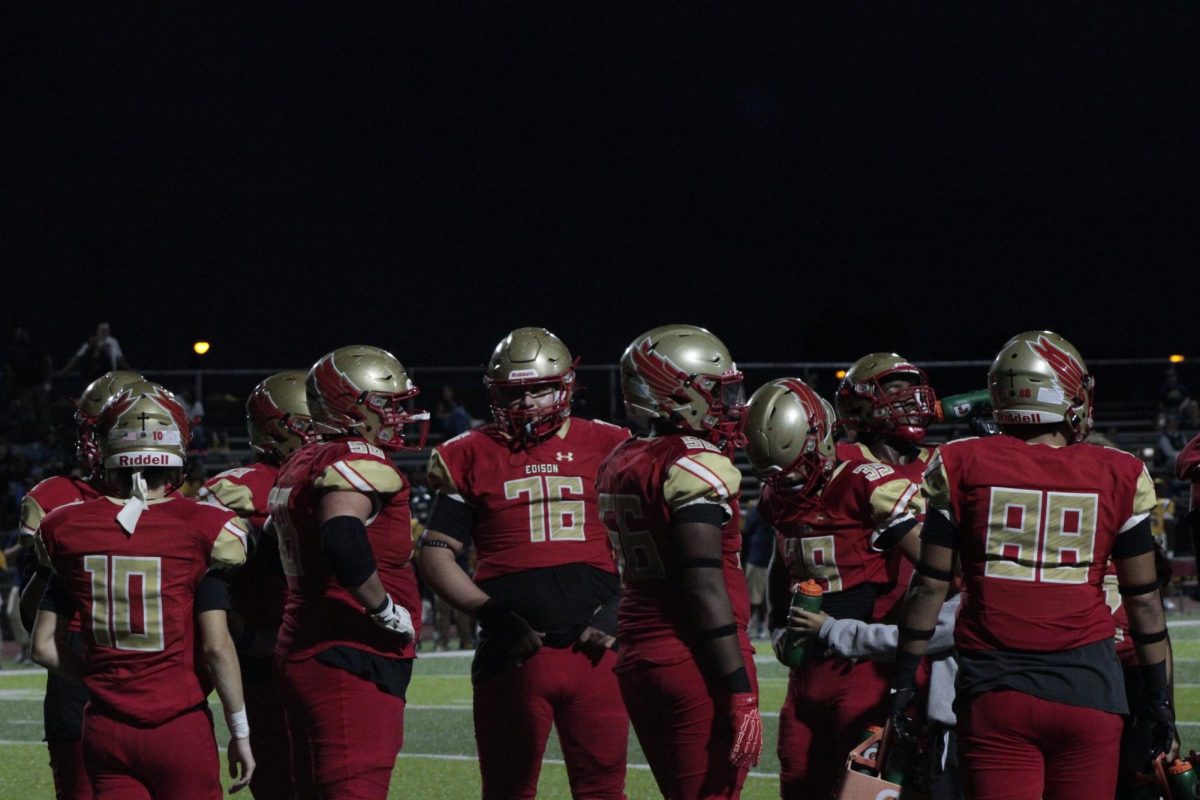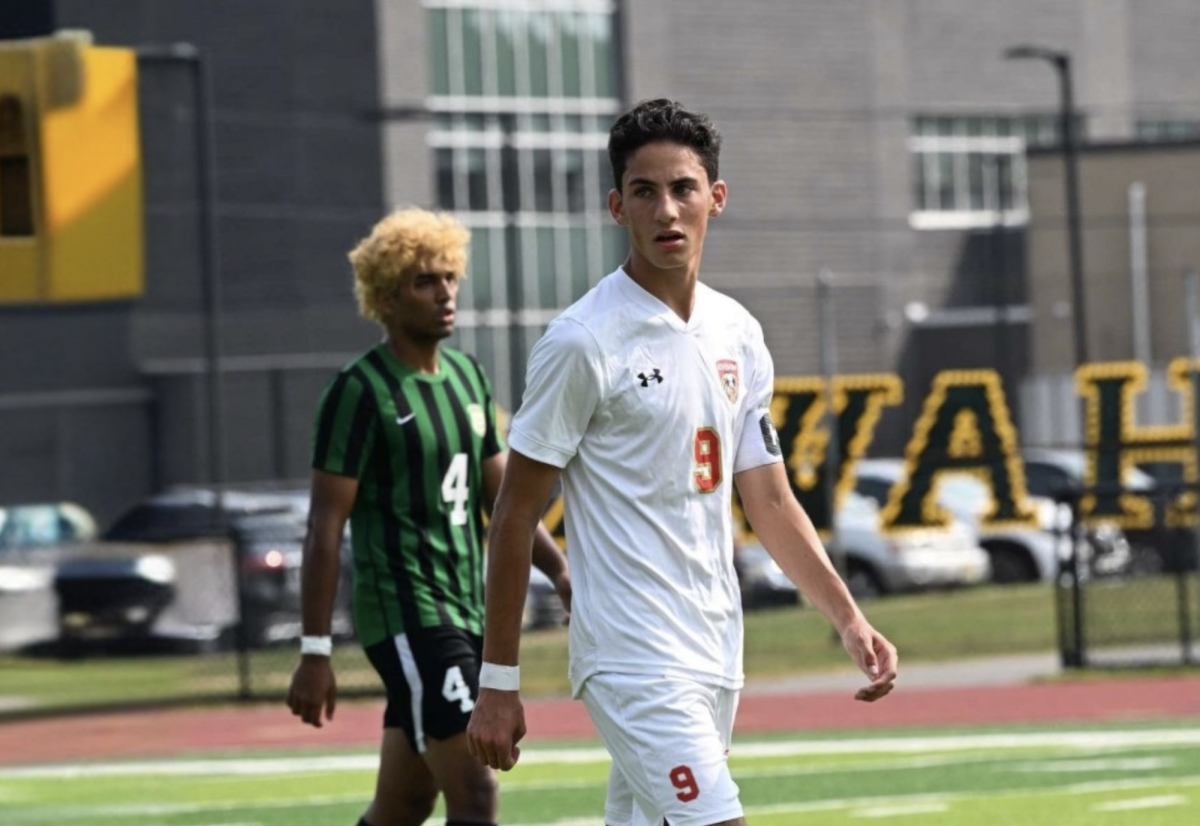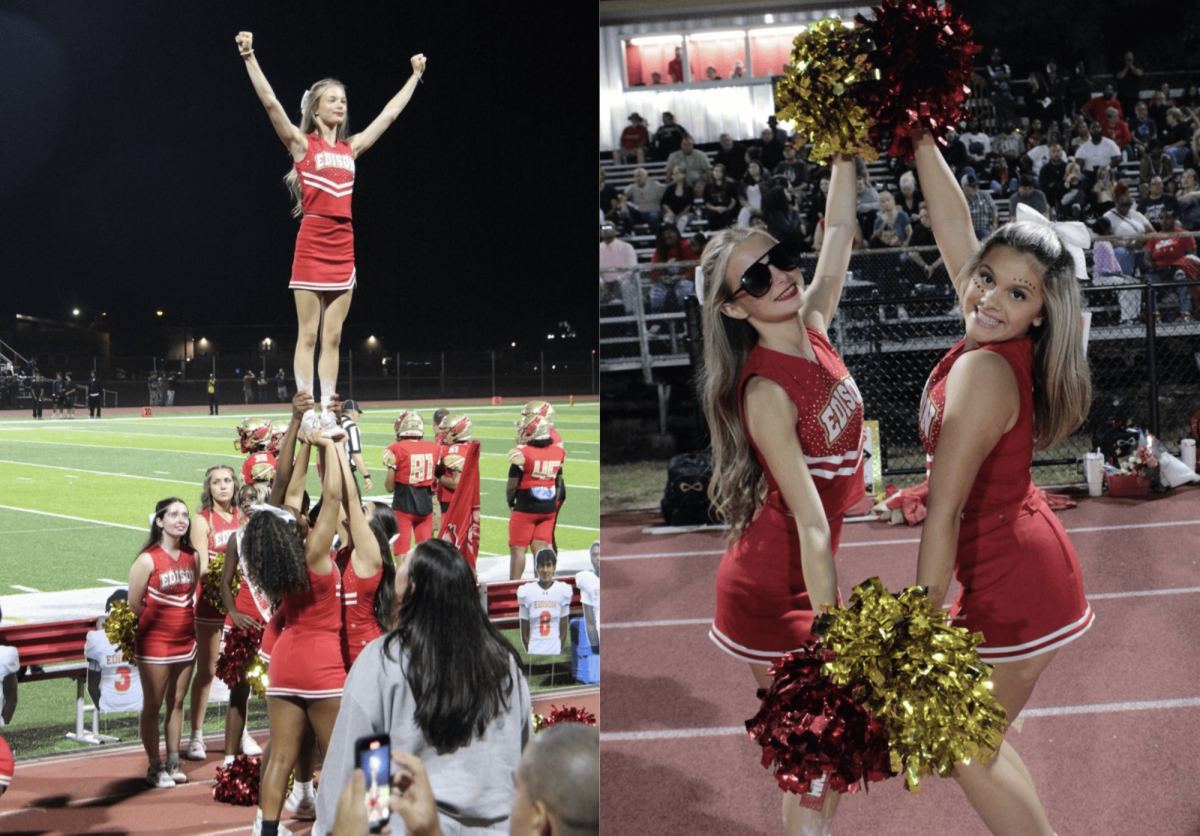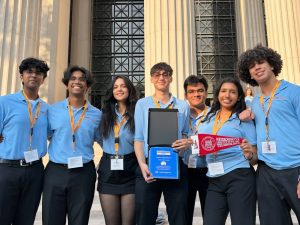Good Deeds: The Alzheimer’s Association at EHS
November 23, 2019
Unsatisfied with the public’s knowledge about Alzheimer’s disease, Edison High senior Jessica Damanski ‘20 recently took it upon herself to head a month-long campaign at school to raise both awareness and money for Alzheimer’s.
When her grandmother was diagnosed in 2015, Damanski saw firsthand the effects of the disease. “On paper, Alzheimer’s is an ‘irreversible, progressive brain disorder that slowly destroys memory and thinking skills’,” Damanski said, “but the impact of this vicious disease is so much deeper than that.”
However, even though researchers can’t place a specific cause of the disease, several organizations continue to lead efforts in researching the disease’s factor and cures. The Alzheimer’s Association, for example, is the largest nonprofit funder of Alzheimer’s research and is dedicated to care for victims of the disease, with a hotline open 24/7 for support.
The frightening reality of the situation is that Alzheimer’s poses a public health crisis, with one American developing the disease every 65 seconds, according to the Alzheimer’s Association website. In fact, the disease is the only major cause of death still on the rise, yet it is still a largely neglected issue.
Thus, Damanski felt compelled to dedicate her junior project to Alzheimer’s awareness, and when her proposal was complete, she presented her project to Principal Charles Ross. After obtaining his approval to turn her proposal in a reality, she started by posting flyers over the school, each emblazoned with statistics about Alzheimer’s. She also created videos and spoke at her senior class assembly to educate and bring the issue to the forefront of discussion.
Damanski created an interactive “memory tree” display and encouraged students to write down their favorite memories on memory tags, prompting active involvement of the student body in the campaign. She also organized a “Donuts for Dementia” fundraiser, which managed to raise nearly $100 to donate to the Alzheimer’s Association.
Now, at the campaign’s end, Damanski further urges students to participate in fundraising efforts sponsored by the Association, such as “The Walk to End Alzheimer’s,” a nationwide fundraiser held in mid-October, and “The Longest Day,” a campaign held annually on June 20 where participants fight the darkness of Alzheimer’s with a fundraising activity of their choice. Each is monumental in raising funds and creating awareness.
Ultimately, Damanski’s goal is to displace the negativity and misinformation surrounding the disease: In place of skepticism, compassion; ignorance, awareness; and stigma, understanding.






































